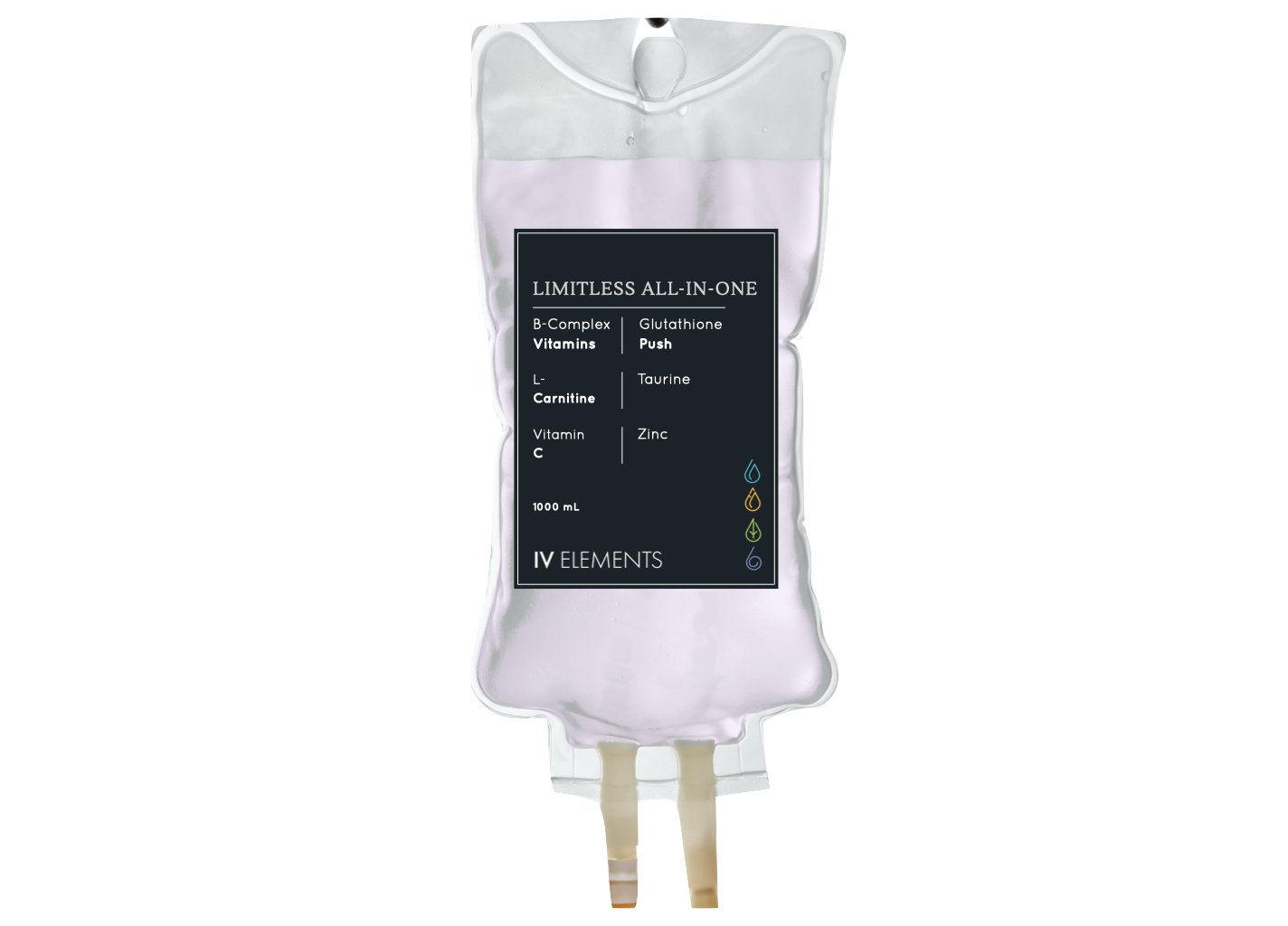RECOMMENDED TREATMENTS.
THE SCIENCE.
'Gut health' is a term increasingly used in the medical literature and by the food industry. It covers multiple positive aspects of the gastrointestinal (GI) tract, such as the effective digestion and absorption of food, the absence of GI illness, normal and stable intestinal microbiota, effective immune status and a state of well-being. Taking care of your gut leads to proper care of your entire body.
The main drivers of gut health change are shifts in stomach acid, gut immunity and gastrointestinal flora—the complex ecosystem of bacteria in your digestive system. When gut health is good, you’re less likely to experience damaging inflammation and lapses in immunity.
Digestion is important because your body needs nutrients from food and drink to work properly and stay healthy. Proteins, fats, carbohydrates, vitamins, minerals , and water are nutrients. Your digestive system breaks nutrients into parts small enough for your body to absorb and use for energy, growth, and cell rejuvenation. The small intestine has three parts. The first part is called the duodenum. The jejunum is in the middle and the ileum is at the end. The large intestine includes the appendix, cecum, colon, and rectum. The appendix is a finger-shaped pouch attached to the cecum. The cecum is the first part of the large intestine. The colon is next. The rectum is the end of the large intestine.
INTESTINAL PERMEABILITY.
Many factors can affect the integrity of the intestinal barrier, wear down the mucous protection, decrease IgA production and finally break down the tight junctions between the cells of the intestinal tract making them permeable to substances. This phenomenon is called “increased intestinal permeability,” and it is commonly referred to as “leaky gut.” Possible causes of increased leaky gut include the following:
‣ Chronic stress
‣ Intestinal infections
‣ Small intestine bacterial overgrowth
‣ Environmental contaminants
‣ Excess alcohol
‣ Poor diet
‣ NSAIDS and other medications
Leaky Gut Syndrome is associated with the following conditions:
‣ Acne
‣ Allergies
‣ Autoimmune Disease
‣ Celiac Disease
‣ Chronic Fatigue Syndrome
‣ Crohn's Disease
‣ Eczema
‣ Environmental illness
‣ Food allergies and sensitivities
‣ Giardia
‣ Hives
‣ Inflammatory Joint Disease/Arthritis
‣ Intestinal infections
‣ Irritable Bowel Syndrome (IBS)
‣ Liver dysfunction
‣ Pancreatic Insufficiency (EPI)
‣ Psoriasis
‣ Rheumatoid Arthritis
‣ Ulcerative Colitis
AUTOIMMUNE DISEASES.
Autoimmune diseases are characterized by tissue damage and loss of function arising from abnormal immune response directed against specific organs. Genetic predisposition, environmental factors, gut microbiota dysbiosis and defective bidirectional gut–brain communication have been identified as possible contributors to autoimmune diseases. Scientists found evidence that a certain gut microbe can trigger autoimmune disease in mice that are prone to such disease and identified the same microbe in people with autoimmune diseases.
The inducer of autoimmune responses related to the gut is most likely to be microbiota dysbiosis leading to increased intestinal permeability. The condition of the gut flora is influenced by diet, mucosal health and the gut–brain axis. Maintaining a wholesome and balanced diet is essential in ensuring healthy gut microbiota.
REFERENCES
Johns Hopkins Medicine Staff. Your Digestive System: 5 Ways to Support Gut Health. Johns Hopkins Medicine.
C Bischoff, Stephan. ‘Gut health': a new objective in medicine? BMC Medicine, Volume 9, Article number: 24 (2011).
Intestinal Permeability Assessment. Genova Diagnostics.
Ciara Smyth, Megan. Bioscience Horizons: The International Journal of Student Research, Volume 10, 2017, hzx015.
Wein, Ph.D., Harrison. (2018, March 27). Gut microbe drives autoimmunity. National Institutes of Health.



